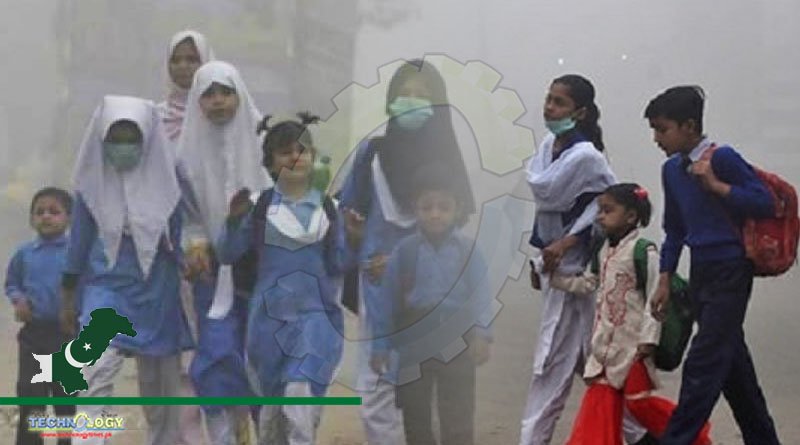As the dropout rate in schools continues to rise, the economic crisis and inflation have made it difficult for parents to afford an education for their children in the nation.

As the dropout rate in public and private schools continues to rise, the economic crisis and inflation have made it difficult for parents to afford an education for their children in the nation.
Officials from the Punjab Education Department claim that the dropout rate in educational institutions has significantly increased, and that many parents have chosen to enrol their children in government schools as a result of the sharp rise in private school tuition.
According to statistics, the dropout rate for students in grades one through eleven has reached 60%, with rates varying from 28% to 30% for students in grades one through five, 40% to 50% for students in grades six through ten, and 60% for students in grades eleven and twelve.
Along with economic factors, the crisis has also been exacerbated by the shortage of qualified teachers in government schools and the use of the English language as the only medium of instruction.
Teachers are unable to spend enough time with their students because of their other government responsibilities, which has a negative impact on education quality.
As a result, parents who are unable to pay for private schools or see their kids struggle in public schools turn to keeping their kids busy with extracurricular activities in the hopes that they will return to school once things get better financially.
For students in government schools, access to comprehensive study materials is another problem that lowers the standard of instruction. Authorities must take appropriate action to ensure that education remains accessible to all facets of society in light of the nation’s rising dropout rate.
The Government of Punjab in Pakistan has a department called the School Education Department. The department is responsible for primary, middle, secondary, and higher secondary education planning, legislation, and the maintenance of educational standards in these fields.